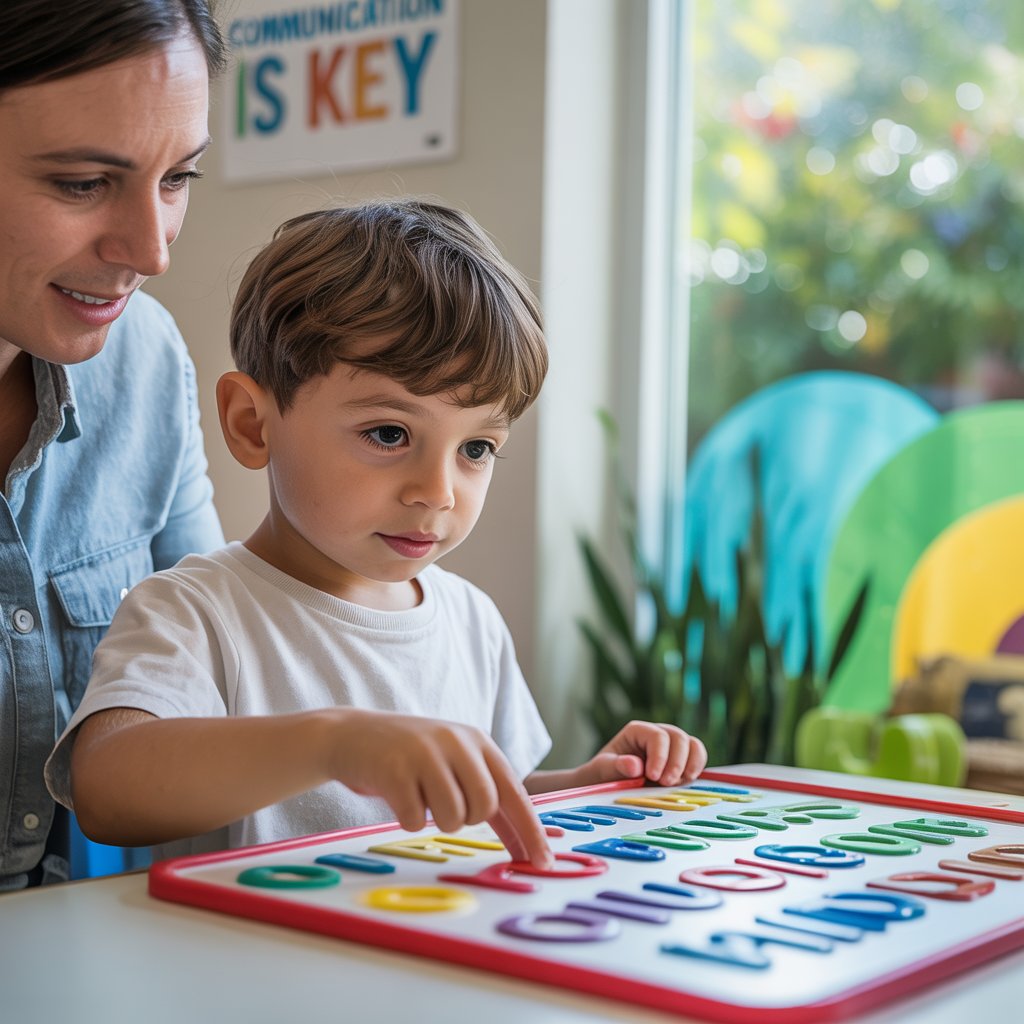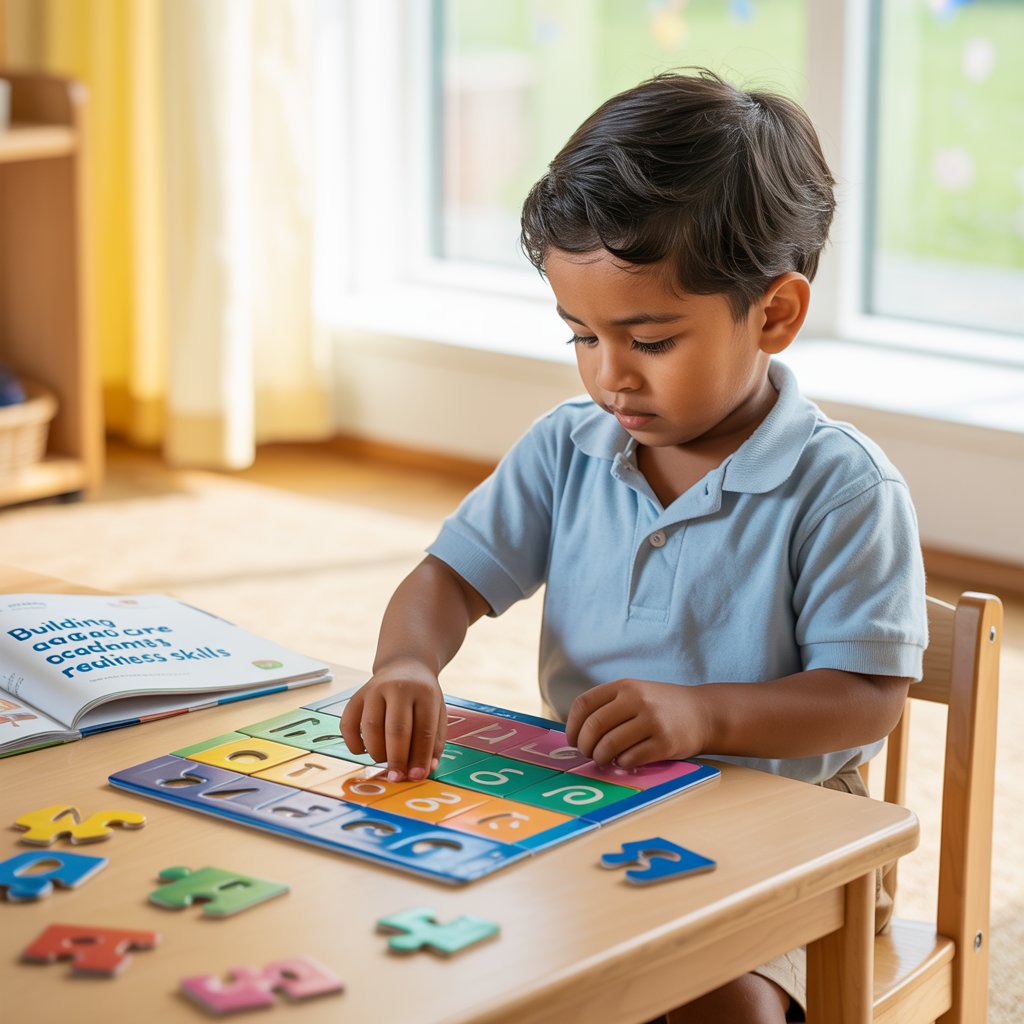Developing crucial life skills through structured practice

Daily living doesn't come naturally for many people with mild autism. But with consistent, structured practice, those essential life skills become second nature.
Start small with basic self-care routines like personal hygiene, dressing appropriately, and preparing simple meals. Break down each task into manageable steps, create visual guides, and practice repeatedly. What seems overwhelming at first becomes doable when approached systematically.
For many autistic individuals, money management and budgeting skills require explicit teaching. Try role-playing shopping scenarios, using real money, and practicing digital banking in a low-pressure environment before tackling the real thing.
Time management helps tremendously too. Visual schedules, timers, and calendars create predictability and reduce anxiety about what comes next. The key? Consistency and patience.
Creating autism-friendly environments at home and work
Your physical space makes a huge difference in daily functioning. At home, consider:
- Dedicated quiet zones for decompression
- Consistent organization systems
- Reduced visual clutter
- Proper lighting (natural when possible, minimal fluorescents)
- Sound-dampening solutions like rugs, curtains, or white noise machines
Workplaces can implement similar accommodations plus:
- Headphone-friendly policies
- Clear written instructions
- Structured meetings with agendas
- Flexible work locations when possible
- Predictable schedules with adequate transition time
The goal isn't to create a bubble, but rather a foundation that enables success.

Managing sensory sensitivities in everyday situations
Sensory overload derails independence fast. Smart preparation makes all the difference.
For noise sensitivity, noise-canceling headphones or earplugs can be lifesavers in public. Sunglasses help with visual sensitivities, and having fidget items available provides regulation when things get overwhelming.
Clothing choices matter tremendously. Many autistic folks prefer tag-free options, specific fabric textures, or compression garments. Having a sensory emergency kit with comforting items helps manage unexpected triggers.
Practice recognizing early warning signs of sensory overload and develop personalized strategies:
- Deep breathing techniques
- Brief movement breaks
- Pressure stimulation
- Stepping outside temporarily
Building routines that provide security while encouraging flexibility
Routines are the backbone of independence for autistic individuals. They reduce cognitive load and provide predictability in an often chaotic world.
Morning and evening routines create bookends to the day. Visual schedules and checklists serve as concrete reminders without requiring verbal prompting. But routines need flexibility too - otherwise, the smallest disruption becomes catastrophic.
Start by introducing minor variations to established routines in low-stress situations. Practice "Plan B" scenarios regularly. For example, if the usual breakfast food isn't available, what's the alternative process?
Use social stories to prepare for upcoming changes or special events. Role-play potential variations and brainstorm solutions together.
The sweet spot? Predictable frameworks with built-in options for change. This balance creates both security and adaptability - essential skills for truly independent living.







